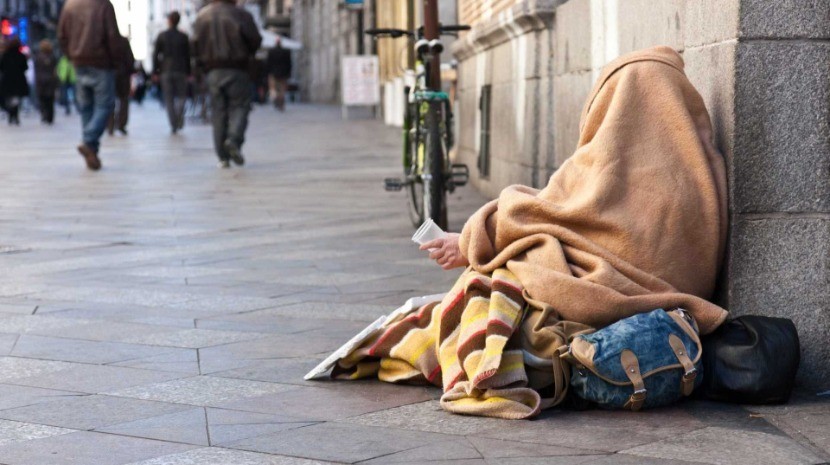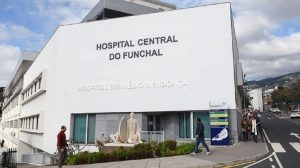Francisco Gomes, deputy of Chega in the Assembly of the Republic, is concerned about the persistence of “high levels of poverty in Madeiran society” and believes that they prove that the economic sector is generating and deepening social inequalities.
The observations were made in actions of contact with the population, which took place in Funchal and were attended by the leader of the party’s parliamentary bench in the Assembly of the Republic, Pedro Pinto, the president of Chega-Madeira, Miguel Castro, and the other deputies elected to the Legislative Assembly of Madeira.
The Madeiran parliamentarian acknowledged that poverty is not an exclusively Madeiran problem, since, according to information he mentioned, it affects about two million Portuguese, which corresponds to about seventeen percent of the population. However, the deputy of the Republic also underlined that the challenge is greater in Madeira, where there is the highest level of risk of poverty in the entire country, affecting, according to him, about twenty-seven percent of the entire population.
“There are more than seventy thousand Madeirans who live without dignity, as they earn less than five hundred and ninety euros per month. This happens in our midst and in the same society where several companies are recording profits of millions. These disparities shame us and require urgent and concrete solutions.”
According to Francisco Gomes, much of the poverty experienced in Madeira is not reflected in the statistical data, but has a hidden facet, affecting families in which the two adults work. For the deputy, this reveals the precariousness of the labour market, which, in his view, continues to be dominated by low wages, the lack of recognition of those who work, and the lack of opportunities for young people.
“There are families where both adults work, and they still have to rely on food aid and are unable to pay their basic bills. There is a lot of hidden poverty and young people are among the most vulnerable, not only because of the lack of work, but also because of low wages, precarious contracts, and lack of housing, which prevent them from fully entering adult life.”
To face these challenges, Francisco Gomes points to measures such as tax benefits for families and young couples, exemption from bank guarantees for young people who want to buy their first home, tax reduction for companies that hire staff looking for their first job, and a fierce fight against unemployment, low wages, and precarious employment.
“Madeira has to be a land of opportunities for everyone and not just for a few, born into a rich family. Those who are ambitious, committed, and hardworking must have a chance to succeed because if they don’t, we will only be creating an unjust land, inhabited by poor people with no futures, while the abyss between those who have and those who don’t grows ever deeper.”
Samantha Gannon
info at madeira-weekly.com
Views: 3




